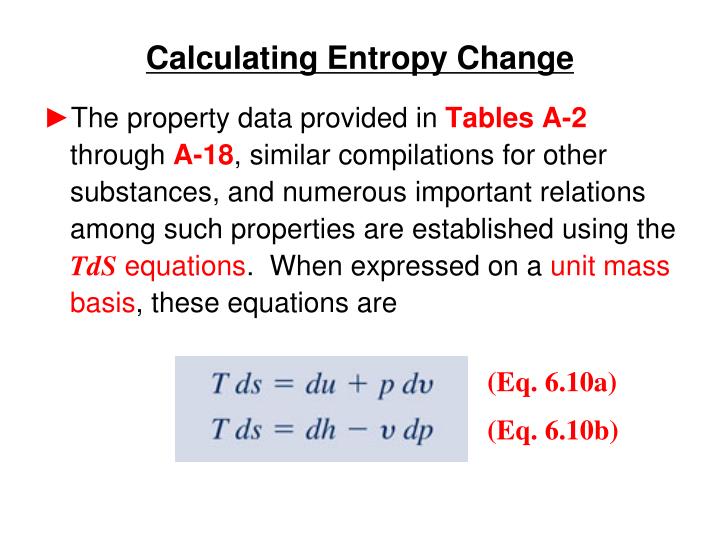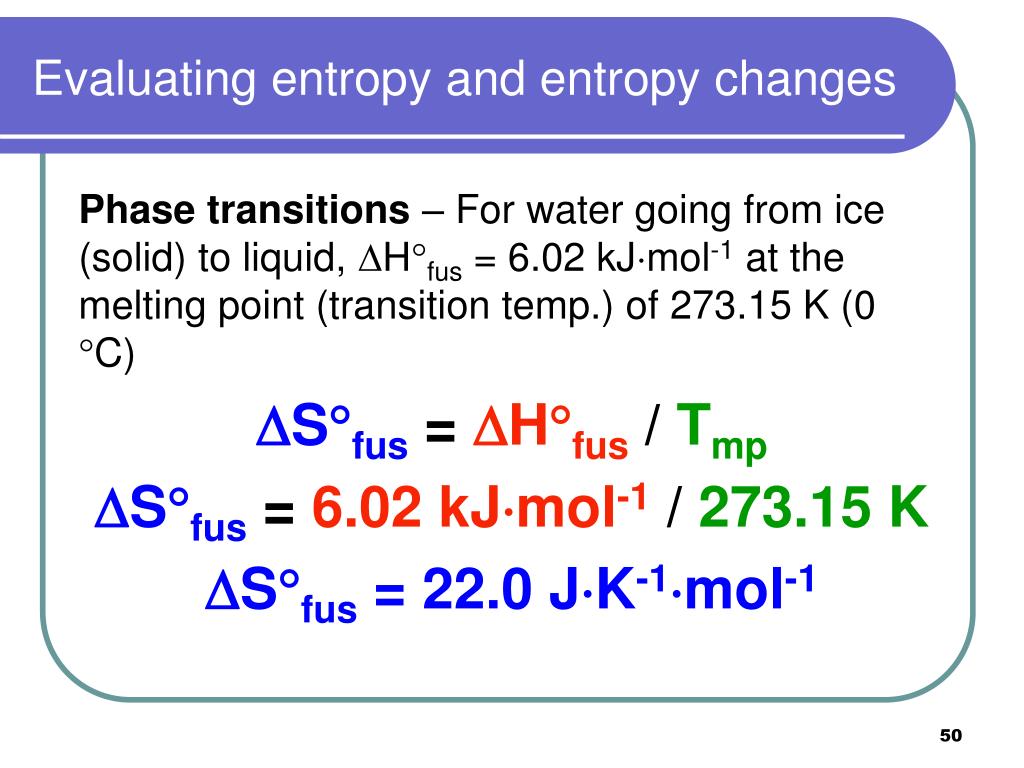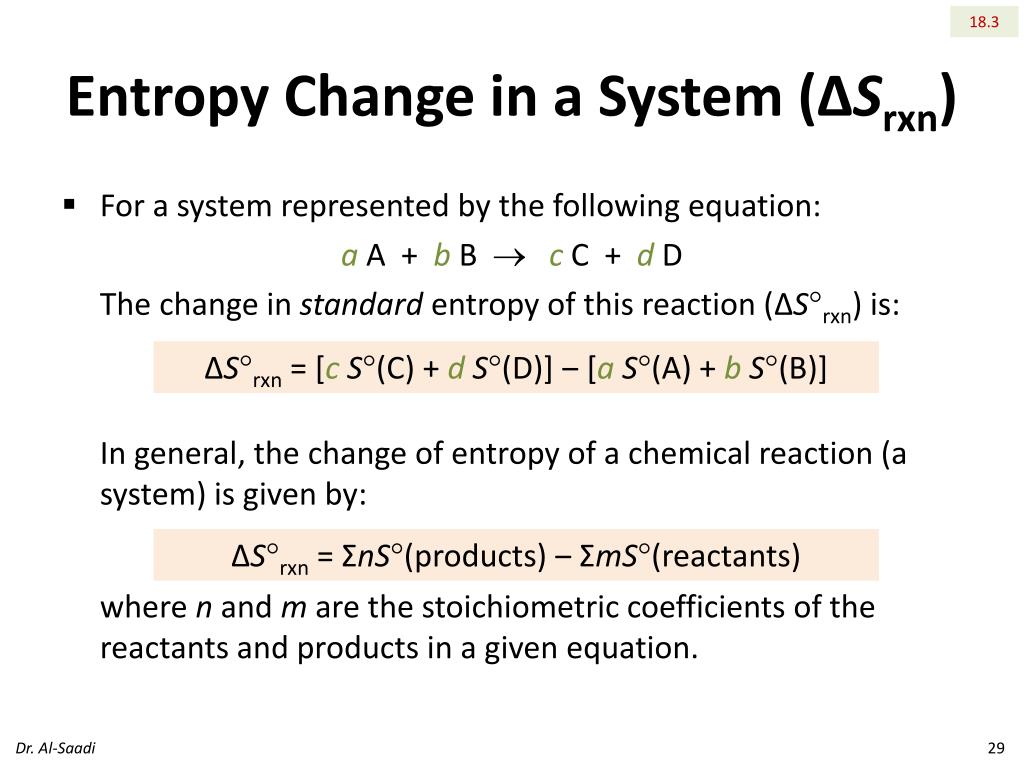

This means there cannot be a mechanicalĭefinition of entropy that rigorously increases with time. Gases will stay the same temperature, but over short enough times there will beįluctuations. Maxwell’s point was that the second law is a statistical law: on average over time, the two Of energy transferred, it could go either way. Go each way, a random selection passes through, you won’t get an exact balance The main point is you don’t really need aĭemon: over a short enough time period, say, for twenty molecules or so to Gradually one gas would heat up, the other Letting fast molecules one way, slow ones the other way. He imagined a demon doorkeeper, who opened and closed a tiny door, only He knew, of course, fromīoth sides had many different velocities. He imagined two compartments containing gasĪt the same temperature, connected by a tiny hole that would let through one Maxwell had a simpler illustration of why he couldn’t accept always increasingĮntropy for a mechanical system: his demon. Valid mechanical scenario of the system running backwards. So any alleged mechanical measure of entropy that always supposedly increases

Motion of every particle of it at the same instant then all things will happenīackwards till the beginning of things the raindrops will collect themselvesįrom the ground and fly up to the clouds &c &c men will see all theirįriends passing from the grave to the cradle…” because in a purely dynamical system, just particles interacting via forces, the system will run equally well in reverse, This world is a purely dynamical system and if you accurately reverse the As he wrote to Rayleigh in December 1870: “if Learned Germans” as he termed them: he knew they were both wrong. Maxwell was amused by this priority dispute between “these Spirited argument about who deserved most credit for understanding entropy at Soon Boltzmann and Clausius were engaged in a That increased or stayed the same with each collision of particles and whichĬould be identified with the macroscopic entropy. They both claimed to have found a function of the molecular parameters Work, did what amounted to the same thing. In 1870, Clausius, unaware of Boltzmann’s Nevertheless, being young and self-confident, Same configuration, severely limiting its relevance to the real world. That, but his proof only really worked for systems that kept returning to the Meaning of the Second Law of Thermodynamics” in which he claimed to do just In terms of this molecular mechanical model?īoltzmann, at age 22, in 1866, wrote an article “On the Mechanical Steam molecules to keep them away from each other!) Theory: it was thought that this extra heat was caloric fluid that coated the The term “latent heat”- still standard usage- is actually a remnant of the caloric Potential energy hill as they move apart.


Their attraction- in other words, for them to climb the The energy required to pull the water molecules from each other working against Water into steam at the same temperature is called the latent heat. ( Note: What about potential energy? For the ideal gas, potential energy terms between molecules are negligible, byįor dense gases, and are dominant during phase changes, such as when water Kinetic energy, it’s all 1 2 m v 2 with the appropriate masses. In this way: heat is just kinetic energy of molecules, and total energy isĪlways conserved, but now instead of having a separate category for heatĮnergy, we can put the molecular kinetic energy together with macroscopic Laws of thermodynamics must be expressible somehow in terms of these molecular Obviously, if the kinetic theory is correct, if heat is motion of molecules, the fundamental Semiquantitative analysis of the effects of molecular collisions (see later). Theory and his discovery of the velocity distribution.) Clausius was the first to attempt a (Actually, this work inspired Maxwell’s first investigations of kinetic Theory, publishing work as early as 1857, although unlike Maxwell he did not adoptĪll the molecules to have the same speed. Clausius had also made contributions to kinetic Thermodynamics (conservation of energy and that entropy never decreases) were profoundĪnd exact scientific truths, on a par with Newton’s laws of dynamics. To measure the “degree of irreversibility” of a process. Michael Fowler Searching for a Molecular Description of EntropyĬlausius introduced entropy as a new thermodynamic variable Previous index next Entropy and the Kinetic Theory: the Molecular Picture


 0 kommentar(er)
0 kommentar(er)
